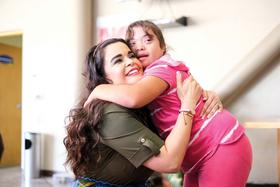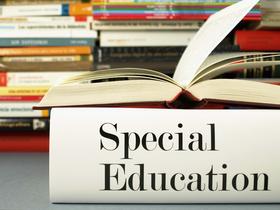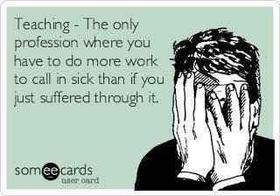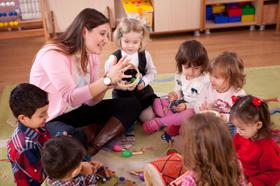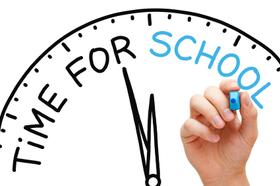Teen pregnancy is not a new issue, but schools and parents still struggle with the challenges surrounding this situation. While statistics show that teen mothers who graduate from high school now have a better shot at supporting themselves and their children, keeping them in school until graduation is often easier said than done. With some school districts across the country facing alarming statistics on the teen pregnancy front, the problem does seem to be becoming more prevalent in some areas of the nation. Combine rising pregnancy rates with budget cuts that are forcing some schools for pregnant teens to shut their doors, and the problems facing pregnant teens seem to be getting more prominent while the options are getting smaller. We will look at how some schools deal with their pregnant students today and the legal ramifications of this issue.
What the Law Says
Many pregnant teens may find attending school daily more challenging than they are willing to manage. Consider the morning sickness that makes is difficult for some girls to get to school in the morning, regular doctor visits that result in frequent absenteeism, and the fear of social stigmas, and you can see why some are hesitant to continue their education path in their current condition. However, in a legal guide titled "Public Schools and Pregnant and Parenting Adolescents" states, "The [North Carolina] state constitution guarantees a right to education and promises equal opportunities for all students in public schools," and this





















